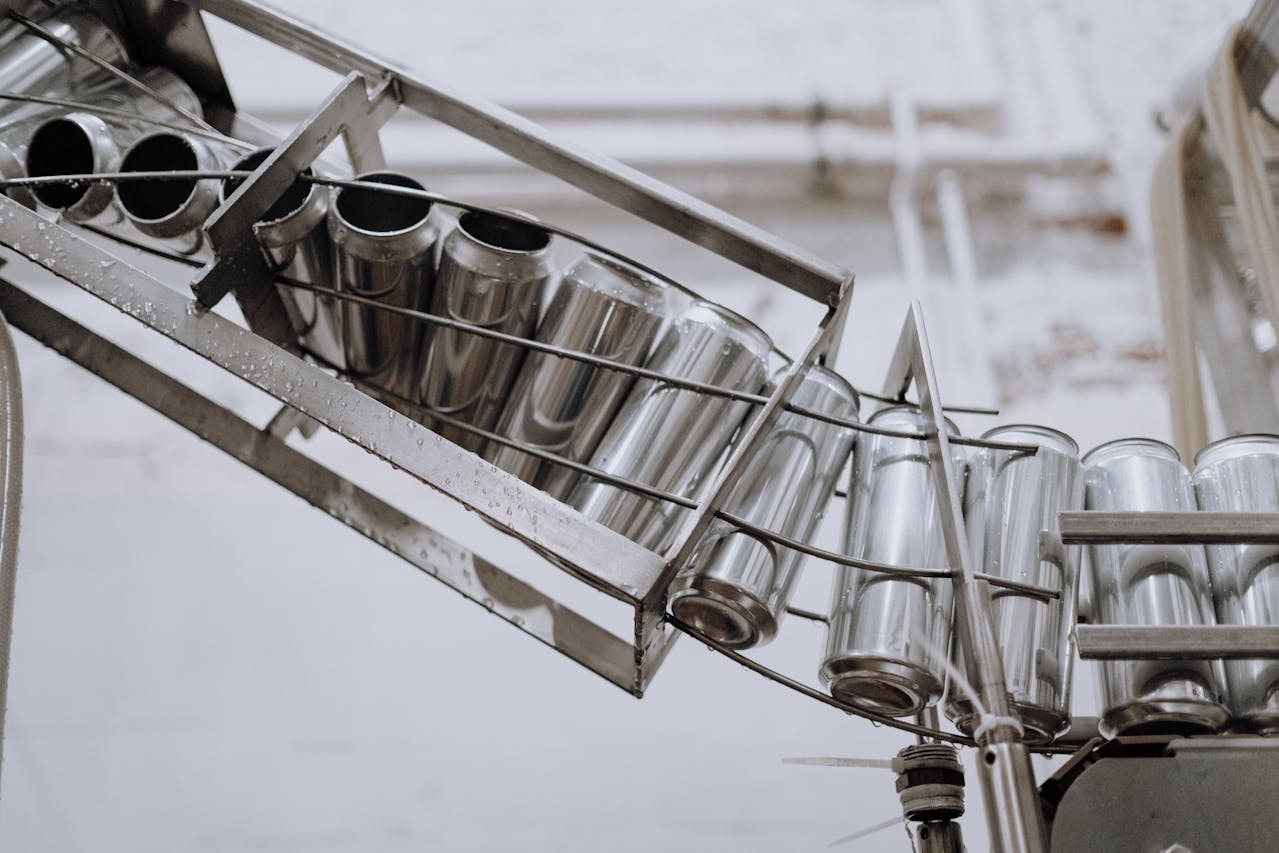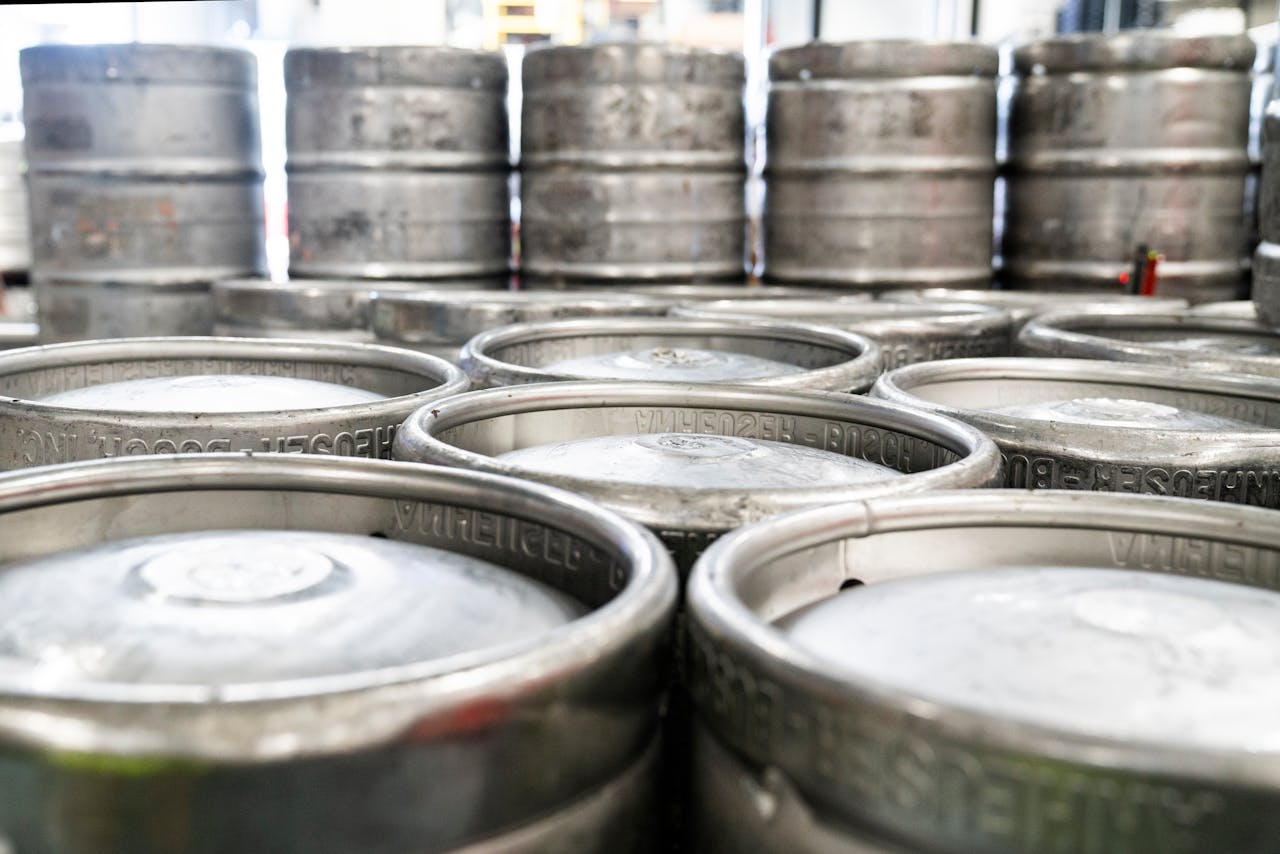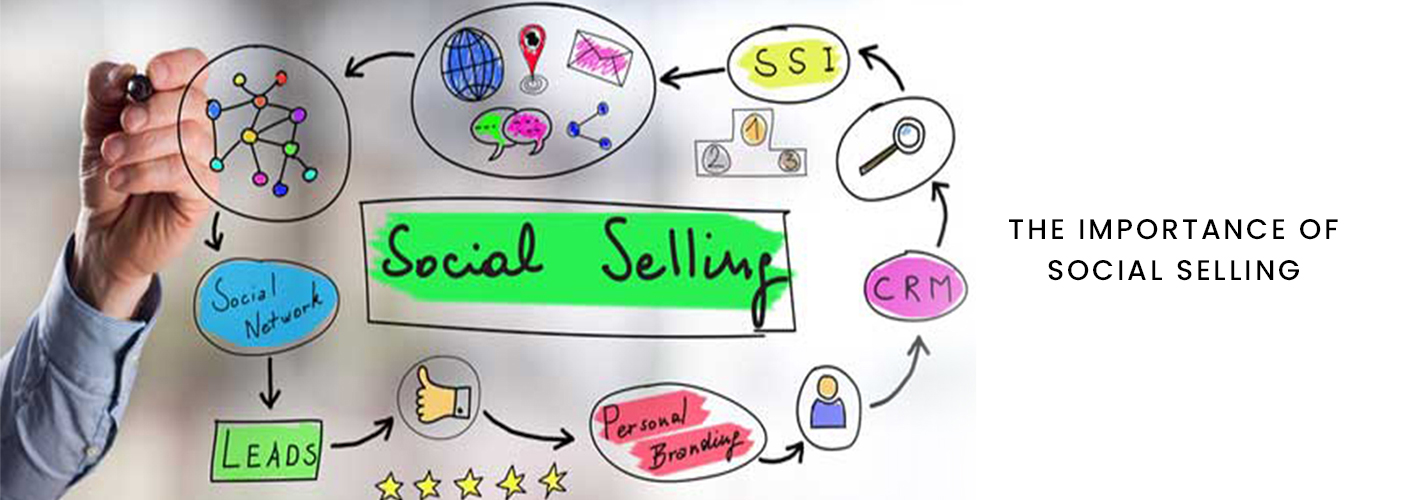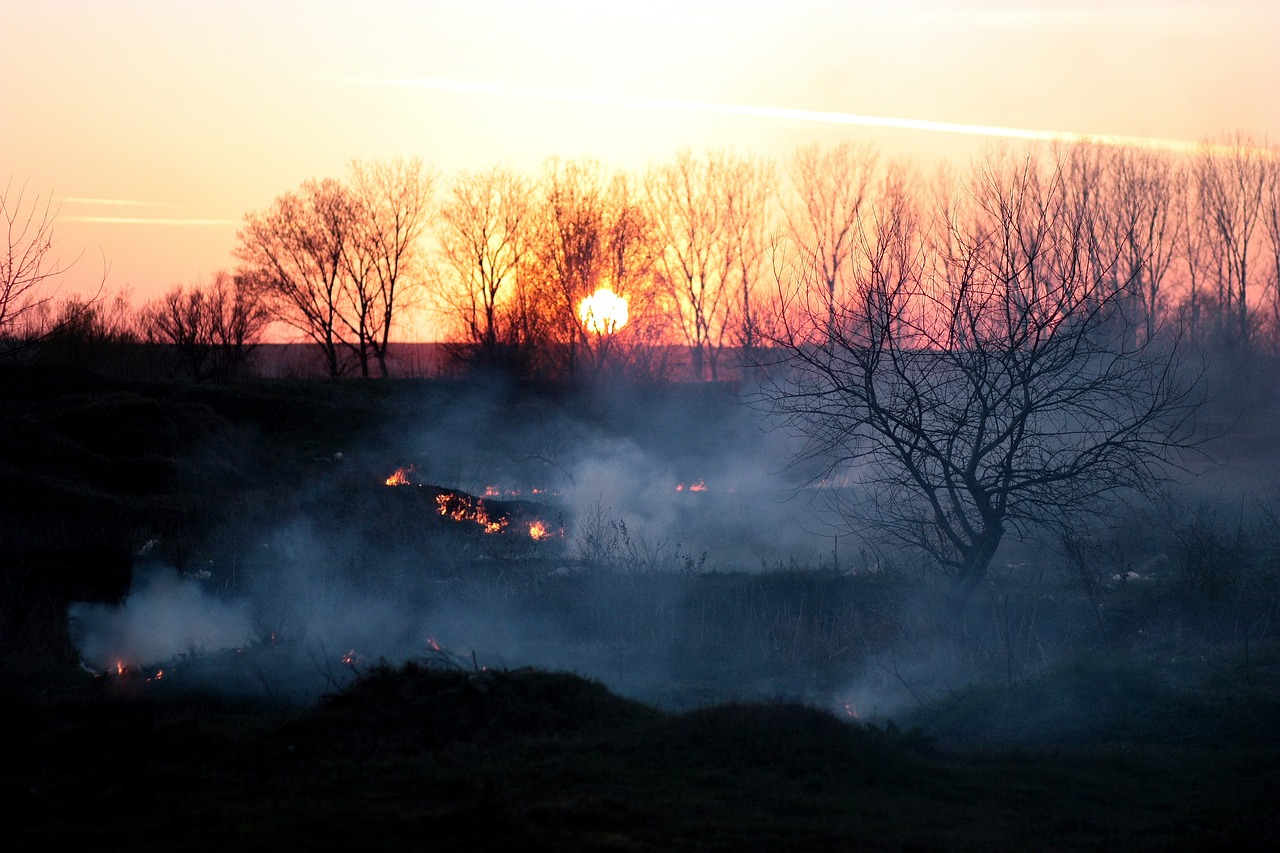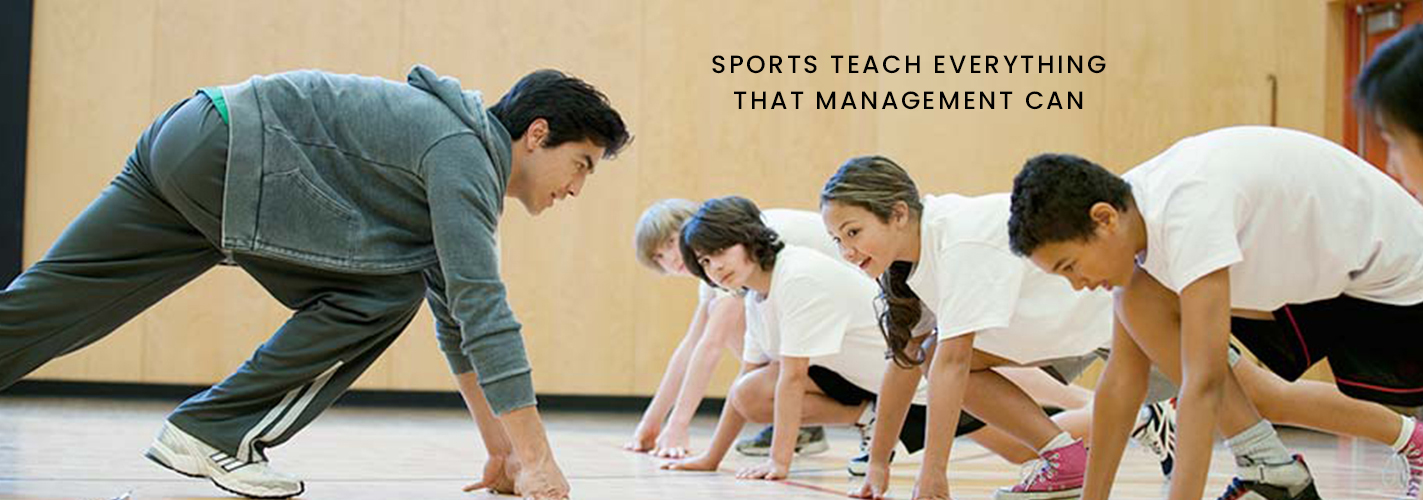Leaders Speak | Sustainable living – why we need to talk more about best practices to mainstream sustainability
September 8, 2023
By Abhyuday Jindal, Managing Director, Jindal Stainless
How do you feel when you see news headlines of sinking places, houses falling into raging rivers, and small towns disappearing from the face of the earth?
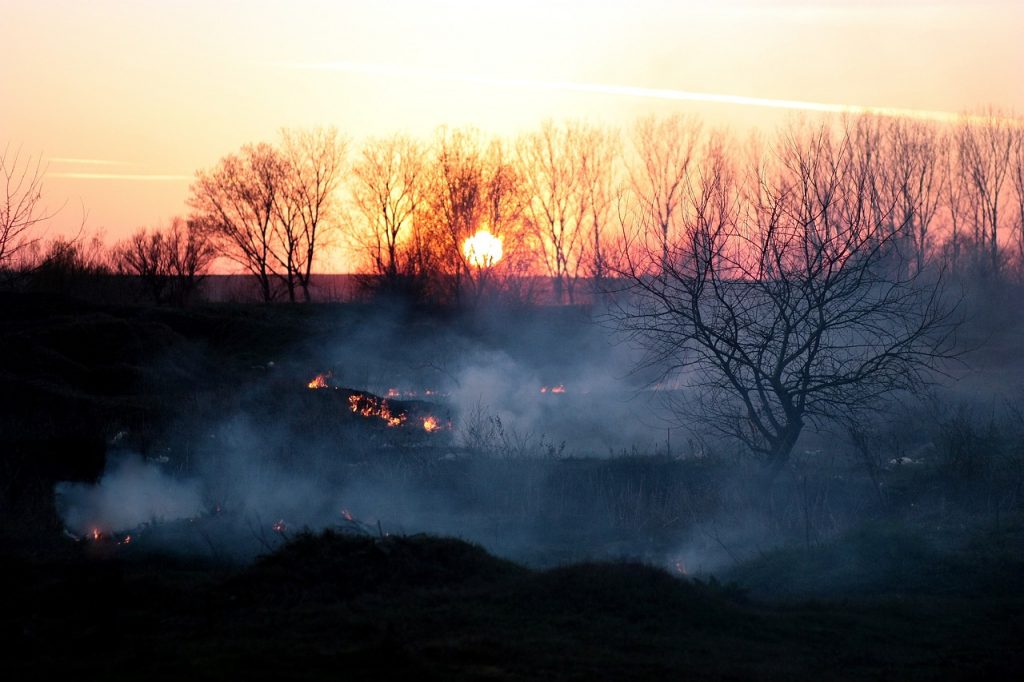
Scared and small! That’s what I feel. I feel minuscule when I contemplate the vast expanse of the universe. We are these microscopic tiny blips in space and time. It makes me wonder if that makes our existence pointless. In my mind, the answer is a resounding NO. We’ve been given the gift of a beautiful planet and we have an unshakeable responsibility towards protecting and preserving it. The onus is on us to take from it only what we need and not destroy it with our greed and apathy.
Widening cracks in the middle of people’s homes, houses starting to lean over one another, and water leaking from the cracks into the walls and beyond — the horrific pictures from Joshimath scare me, just the way they scare most of you. One feels hopeless and despondent. The crisis faced by the Himalayan town in the state of Uttarakhand is not limited to Joshimath alone. There are other towns that are in equally if not more, precarious situations. And how can we forget the massive devastation in Kedarnath witnessed in June 2013?
That was the most devastating natural disaster since the 2004 tsunami. And, lest we forget, the February 2021 glacier outburst in the region caused hundreds of deaths.
The other day I was reading about the crisis and came across a very insightful article written by noted environmentalist Ms Sunita Narain in Down To Earth. Sharing an excerpt here; “…the fact is that the Himalayas are the world’s youngest mountain ranges, this means that the slopes are unstable, built on moraine — practically loose soil — and so, prone to landslides and erosion. Combined with this, is the fact that this region is highly seismic — it is classified as the most earthquake-prone. Then there is the added factor of climate change, which is bringing more volatility because of unseasonal and extreme rain events.”
Environment protection is no longer a ‘wow’ factor that certain corporates focus on; it is the need of the hour to secure our future and leave behind a healthy legacy. As a part of the manufacturing industry, I would like to underline that without further resistance, we must adopt sustainability as an integral business philosophy across all aspects of manufacturing, be it processes, machines, or systems.
At Jindal Stainless, we are committed to shouldering our share of the responsibility towards our planet. I believe that these targets should be self-imposed rather than waiting for any regulatory compulsion, because, as I said earlier, sustainability is no more a choice for any business. In the next few years, we aim to make Jindal Stainless’ name synonymous with sustainability, at par with the metal we produce.
We operate in a niche segment of metal-making with stainless steel. You know that stainless steel is a green metal because it is 100 percent recyclable. But did you know that more than half of all the stainless steel in use today has been recycled from scrap? We take pride in being one of the leading manufacturing companies in the world that manufacturing this future metal!
In tandem with what stainless steel stands for — sustainability — I believe it’s important for us to use natural resources wisely, reduce our carbon emissions, and work towards building a sustainable society. One way we can achieve this is by practising the principles of the circular economy — namely, reducing, reusing, and recycling materials, whenever possible.
By doing so, we can minimise waste and reduce our impact on the environment. I think it’s important for each of us to make a conscious effort to reduce our carbon footprint and recycle, whenever possible. It’s no longer a matter of choice. It has become indispensable in order to work towards a more sustainable future.
As a generation, we need to talk more about trends and best practices to mainstream sustainability in every sector, such as tourism, infrastructure development, manufacturing, and industries. Generating a buzz around these might be the best thing to do. We can’t afford to have any more calamities like the one in Joshimath. It is imperative that towns/villages become examples of sustainable and holistic development, rather than victims of development models.
A comprehensive study conducted by the Weizmann Institute of Science in Israel discovered that humans account for only 0.01 percent of life on Earth, a data point that proves our physical insignificance on Earth and in the universe. We are tiny beings, yet contribute to most of the carbon emissions. Our carbon footprints and disregard for ecological harmony pose the biggest threat to our home—Mother Earth.
The future is in our hands. It’s high time we took steps to create a world that is sustainable, equitable, and just. Together we can achieve great things for the planet and for ourselves.
The article was first published on Sept 30, 2023, 10:21 AM IST on CNBC TV18: https://www.cnbctv18.com/environment/sustainable-living-why-we-need-to-talk-more-about-best-practices-to-mainstream-sustainability-17919661.htm
